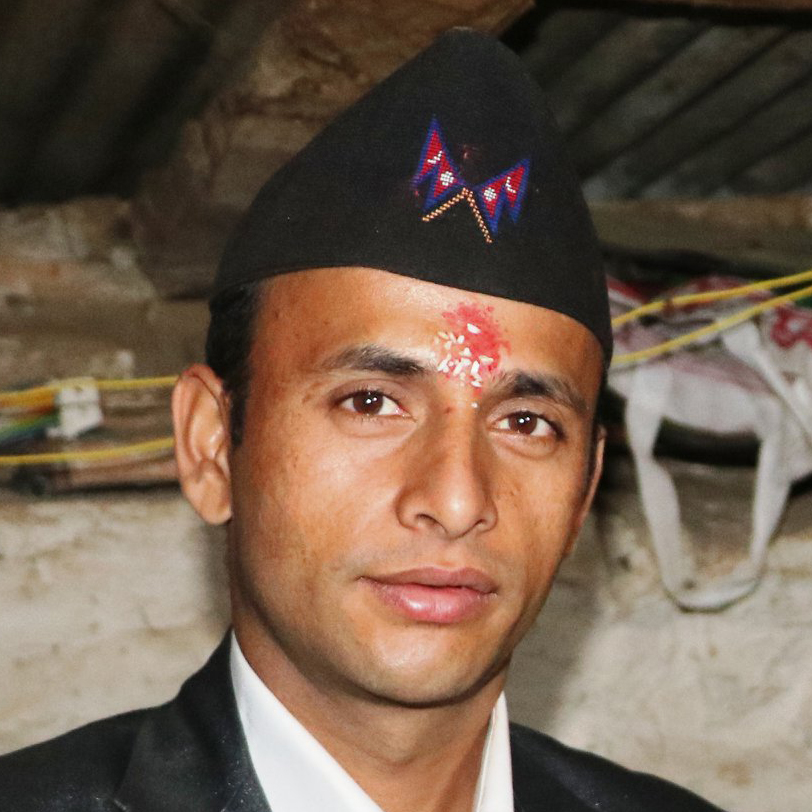Money
30MW Chameliya officially begins power production
Prime Minister Sher Bahadur Deuba on Saturday inaugurated Chameliya Hydropower Project, one of the most expensive hydropower projects in terms of cost per megawatt (MW).
Manoj Badu
Prime Minister Sher Bahadur Deuba on Saturday inaugurated Chameliya Hydropower Project, one of the most expensive hydropower projects in terms of cost per megawatt (MW). After the 30MW peaking run-of-the-river project completed entire tests of two production units on Friday, PM Deuba inaugurated the power plant on Saturday afternoon by switching on the power house marking the commercial electricity generation.
With the commercial operation of Chameliya Hydropower Project, located in Darchula district in the countryd’s Farwest, has become the largest hydropower project in Provience-7.
At present, the project has the capacity to produce electricity under full capacity for six hours day when the electricity demand is at peak. However, the project office has said it will generate electricity as directed by the load dispatch centre of the Nepal Electricity Authority (NEA), the state-owned power utility and the owner of the project.
“Currently, we are storing water during the day and night time when the demand for electricity is low and are operating the plant at the full capacity from 6pm-9pm and 6am-9am when the power demand is high,” said Ajay Kumar Dahal, the NEA-appointed project chief. “From today [Saturday] on, however, we will generate electricity as instructed by the NEA load dispatch centre as we have started the commercial production.”
The electricity generated by the project will be evacuated to the national power grid via the 132kV Blanch-Attariya transmission line. The 131-km transmission line will be used to transmit the electricity produced in Darchula to the business hub of Attariya in the Farwest.
The construction of Chameliya started in January 2008 and was originally scheduled to be completed by June 2011 at a cost of Rs8 billion. But the completion date was pushed back repeatedly due to disputes between NEA and the contractors. Consequently, the overrun has inflated the project cost to around Rs15 billion.
The project faced the biggest hurdle in May 2014 when all works came to a grinding halt following the government’s refusal to make an additional payment of Rs1.09 billion. The payment was sought by China Gezhouba Group Corporation, the civil contractor of the project, stating “cost variance resulting from the squeezing of the tunnel”. The contractor agreed to resume work after being summoned to the Energy Ministry by then energy minister Janardan Sharma. The Chinese contractor for the project, which returned to work in October 2016, then speeded up works and completed the construction within the deadline.




 12.21°C Kathmandu
12.21°C Kathmandu















